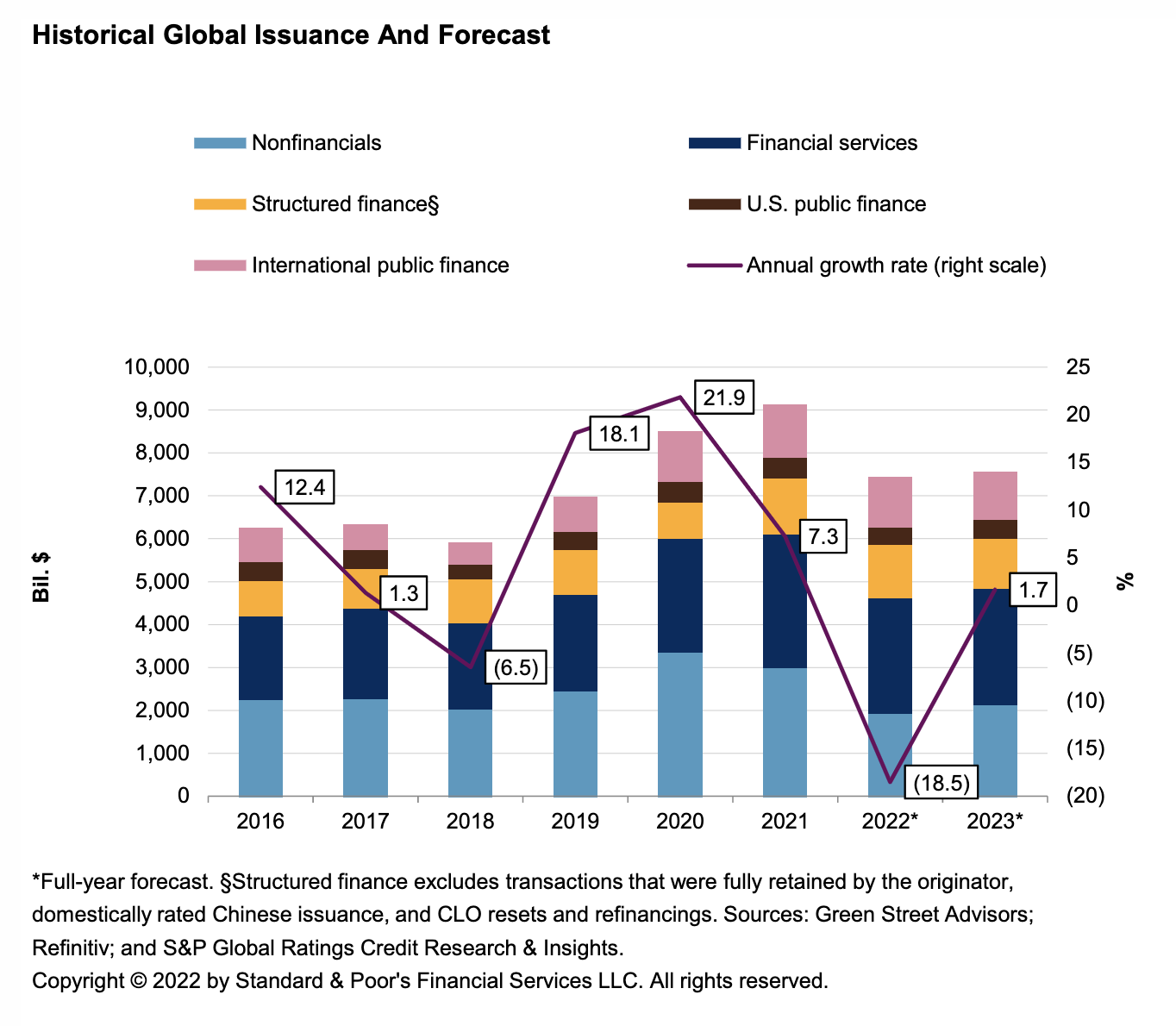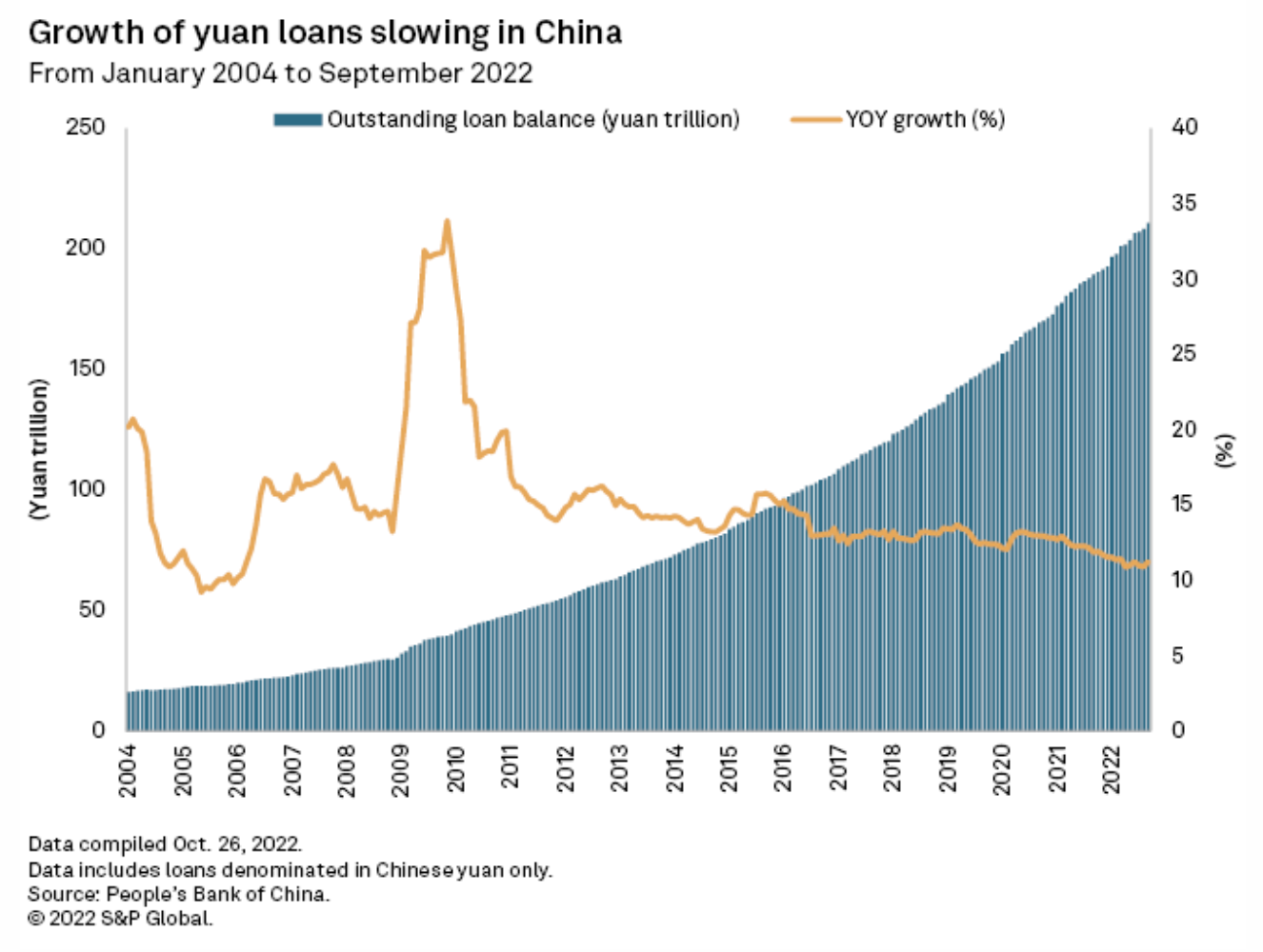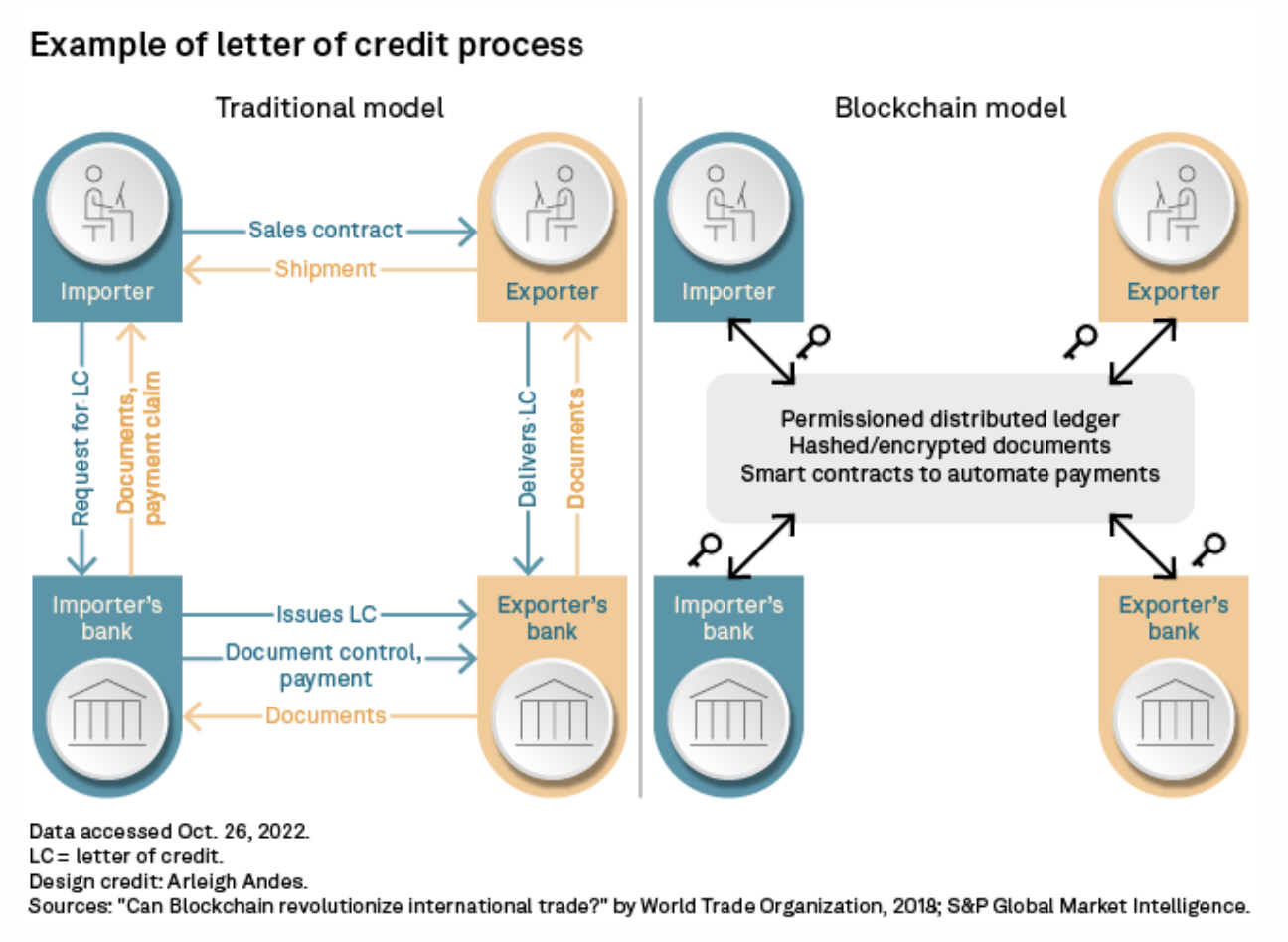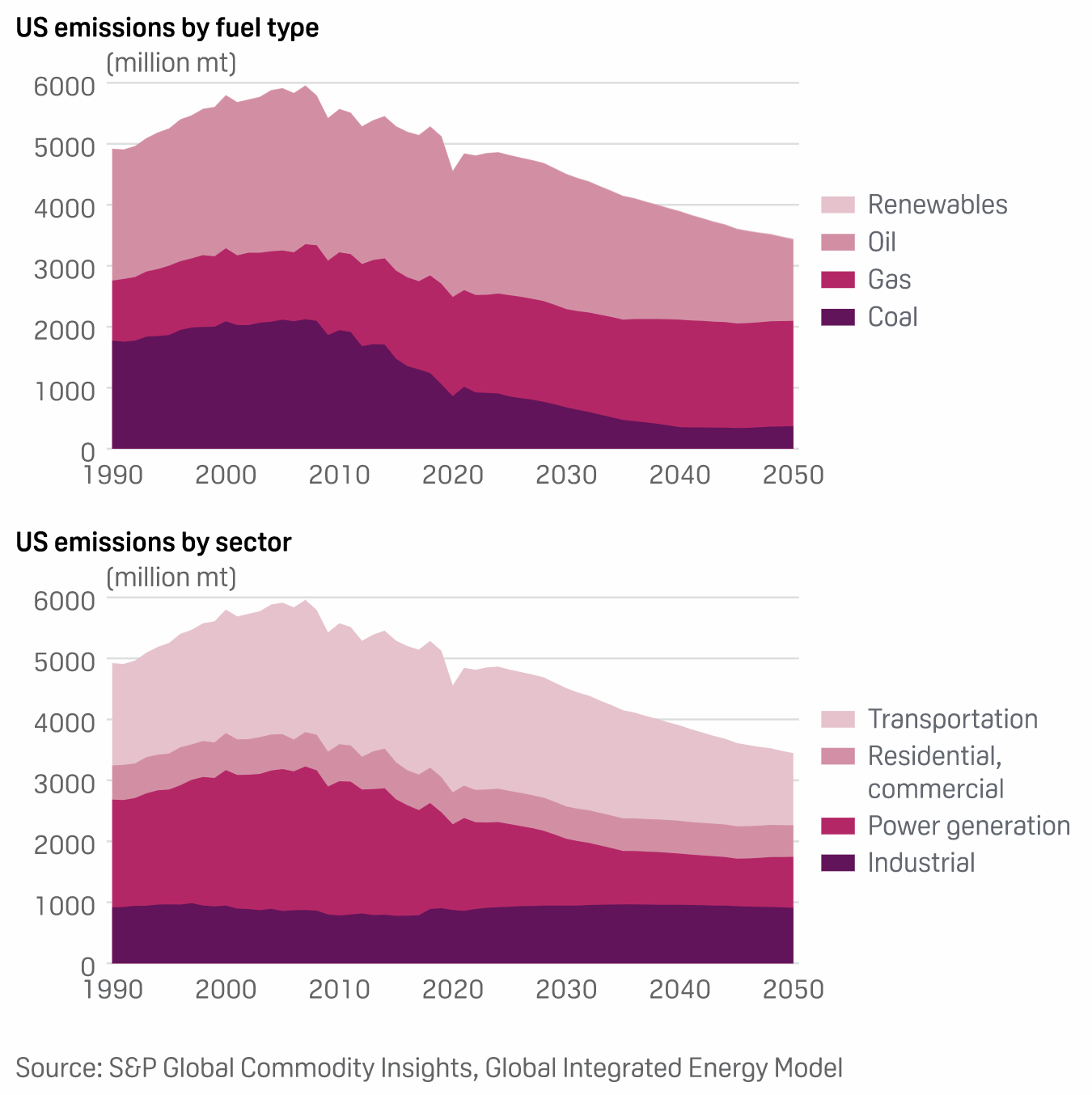Featured Topics
Featured Products
Events
S&P Global Offerings
Featured Topics
Featured Products
Events
S&P Global Offerings
Featured Topics
Featured Products
Events
S&P Global Offerings
Featured Topics
Featured Products
Events
Language
Featured Products
Ratings & Benchmarks
By Topic
Market Insights
About S&P Global
Corporate Responsibility
Culture & Engagement
Featured Products
Ratings & Benchmarks
By Topic
Market Insights
About S&P Global
Corporate Responsibility
Culture & Engagement
S&P Global — 28 Oct, 2022 — Global
By S&P Global
Start every business day with our analyses of the most pressing developments affecting markets today, alongside a curated selection of our latest and most important insights on the global economy.
Questions Persist on Green Credentials of Nuclear Power
Earlier this year, the European Commission — the executive branch of the EU — added nuclear power and natural gas to its green investment taxonomy. But the move faced a challenge from Austria, which filed a lawsuit against the commission on Oct. 10.
The green investment taxonomy is mainly a “classification tool … to provide clarity for companies, capital markets and policymakers on which economic activities are sustainable,” said David Henry Doyle, head of government affairs and public policy for Europe, the Middle East and Africa at S&P Global. Adding nuclear energy to the taxonomy may ease investor concerns and bring about new funding sources for nuclear projects, according to S&P Global Market Intelligence.
However, debate still rages on about whether nuclear power can be considered eco-friendly. Leonore Gewessler, the Austrian minister for climate action, argued that the potential for nuclear disasters like Chernobyl breaks the taxonomy’s requirement that activities “do no significant harm.” According to Gewessler, the commission also ignored objections from its own expert panel when making the decision. "This shows that this is about satisfying the strong fossil fuel and nuclear lobby groups," the minister said.
Supporters of nuclear energy pointed to its zero-carbon emissions. In a March 2022 panel discussion titled Nuclear's Role in Achieving Net Zero, Nuclear Energy Institute President and CEO Maria Korsnick said, “It is critical for financial institutions to agree that the zero-emissions nature of nuclear power qualifies it as acceptable according to environmental, social and governance standards.”
S&P Global Commodity Insights noted that “1 [gigawatt] of power from nuclear generation instead of from gas-fired combined cycle plants could help save close to 3 million tonnes of carbon dioxide emissions per year (or potentially double that amount when compared with coal plants).”
It remains unclear if the taxonomy change will do much to increase nuclear projects. Marina Petroleka, global head of ESG research at Sustainable Fitch, told S&P Global Market Intelligence that “the perception is shifting” among investors, and that “suddenly, nuclear is back in the conversation.”
However, Europe’s share of electricity generated by nuclear plants is forecast to trend down, with S&P Global Commodity Insights expecting a decline to 15% by 2035 from about 20% in 2020. This is mainly because of high up-front costs, not to mention concerns about safety, nuclear waste and accusations of “greenwashing,” a term that refers to misleading consumers about sustainability practices.
According to S&P Global Market Intelligence, Austria’s legal dispute will probably last for at least two years, so the taxonomy will still change as planned on Jan. 1, 2023.
Today is Friday, October 28, 2022, and here is today’s essential intelligence.
Written by Claire Delano.
Credit Trends: Global Financing Conditions: Bond Issuance Set To Remain Weak Through Year-End, Expand Modestly In 2023

Tighter monetary policy appears here to stay awhile, keeping it difficult for primary bond markets to open up to the typical issuance levels of recent years. That said, most policy rate increases may be behind us by year-end, helping interest rates (and foreign exchange rates) to stabilize in 2023, which could prompt bond issuance to pick up relative to 2022. Any increases in 2023 will be limited, however, given our base-case expectations for recessions and stagnant growth in many major regions.
—Read the report from S&P Global Ratings
Access more insights on the global economy >
Chinese Banks To Pivot To High-Tech Borrowers In Search For Next Growth Engine

China's self-developed high-tech industries, such as advanced microprocessors and cellular networks, are set to be the next key driver of loan growth for the nation's banks. Analysts believe Beijing will likely ask banks to step up lending to the high-tech sector during the Central Economic Work Conference in December, after President Xi Jinping reaffirmed the national strategy of focusing on technological self-sufficiency and "high quality development" over the coming five years at the 20th National Party Congress ended Oct. 22.
—Read the article from S&P Global Market Intelligence
Access more insights on capital markets >
Trade Finance Industry Remains Hopeful On Blockchain Despite Failed Projects

Banks and fintech firms remain optimistic that blockchain technology can help transform the paper-heavy industry of trade finance, despite a recent wave of news of canceled projects and moves to other technologies. When Barclays PLC issued the world's first blockchain-based letter of credit in 2016, it talked of a forthcoming "blockchain revolution in trade finance." A transaction that would normally take up to 20 days was cut to less than four hours.
—Read the article from S&P Global Market Intelligence
Access more insights on global trade >
COP27: U.S.' Renewed Climate Credibility Scant Consolation For Nations In Search Of Funds

While the historic Inflation Reduction Act provides a much-needed boost to the U.S.' clean energy transformation, policy experts are skeptical that the wind the IRA puts in the sails of American clean energy will carry over to this year's UN Climate Change Conference. COP27, which will be held in Sharm el-Sheikh, Egypt, Nov. 6-18, has been nicknamed the African COP, not only for its location, but for its stated intent to focus on the energy and climate adaptation needs of African countries and other developing nations around the world.
—Read the article from S&P Global Commodity Insights
Access more insights on sustainability >
Opinion: We Need Resilience In Our Energy Systems
Our global energy systems, launched through the Paris Agreement on a transition to a world aspiring to net-zero emissions, have found through the war in Ukraine that they do not have the resilience to keep the world supplied with the resources needed to sustain jobs and economic growth. Today, we face a new imperative: to balance energy security, transition and sustainability — to meet global demand for the fuels that drive our global economy and to build the energy systems to redress climate change. Meeting this challenge will be a core theme before the delegates of ADIPEC 2022, taking place in Abu Dhabi at the end of this month.
—Read the article from S&P Global Commodity Insights
Access more insights on energy and commodities >
Listen: Next In Tech | Episode 88: Putting AI To Work At 451NEXUS
The payment world has transformed as it steps from the end of the customer experience journey to being integrated across customer relationships. Payments have expanded into many areas of finance. Jordan McKee, research director for Fintech, returns to talk with host Eric Hanselman about how enterprises can leverage this change and what he’ll be talking about at the 451NEXUS conference. You can also check out the detailed session at the 451NEXUS conference here.
—Listen and subscribe to Next in Tech, a podcast from S&P Global Market Intelligence
